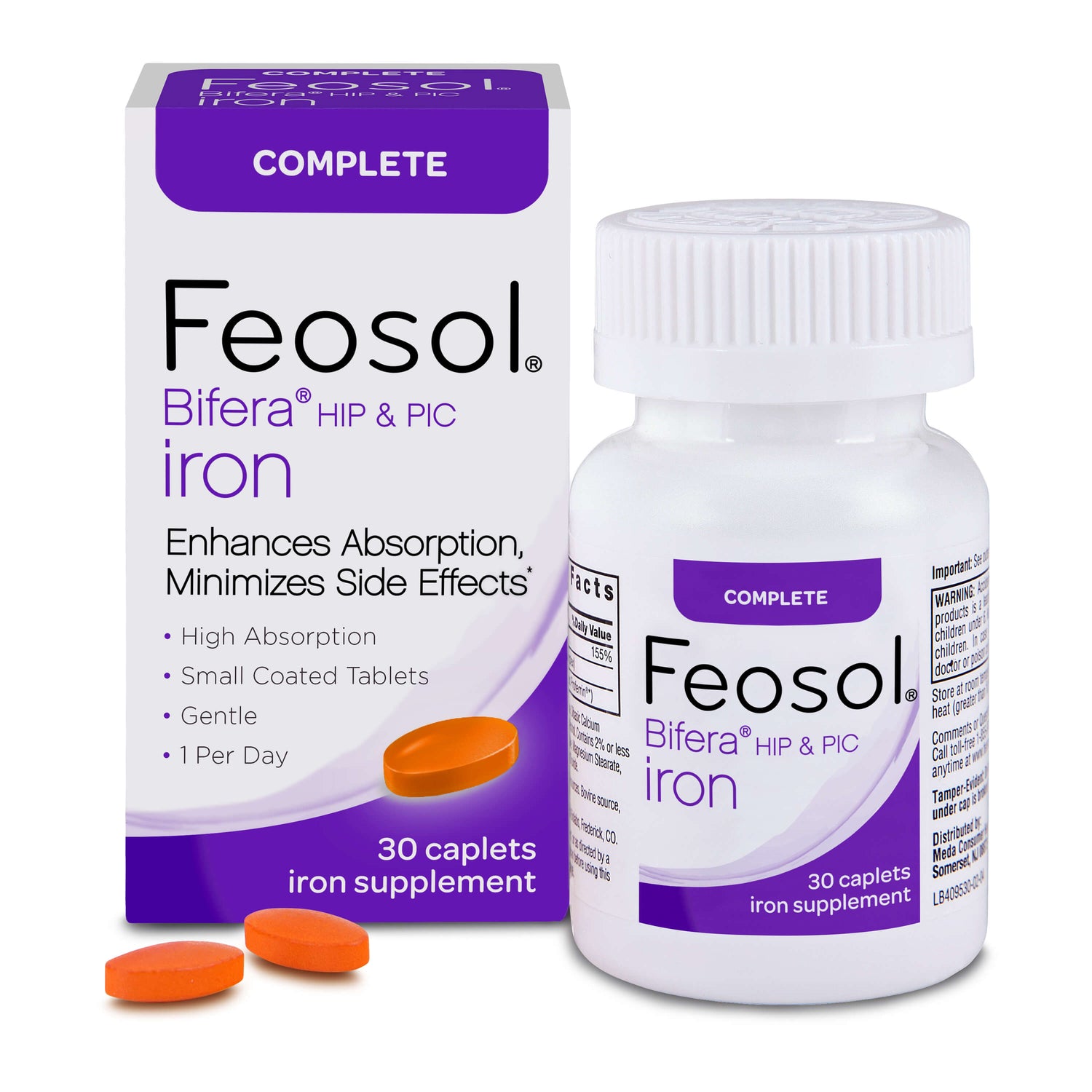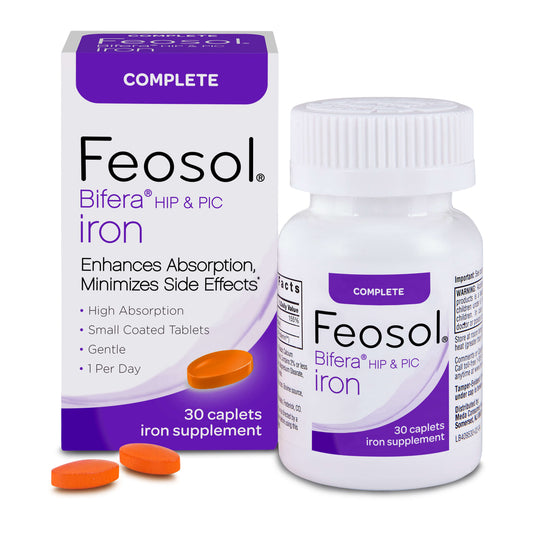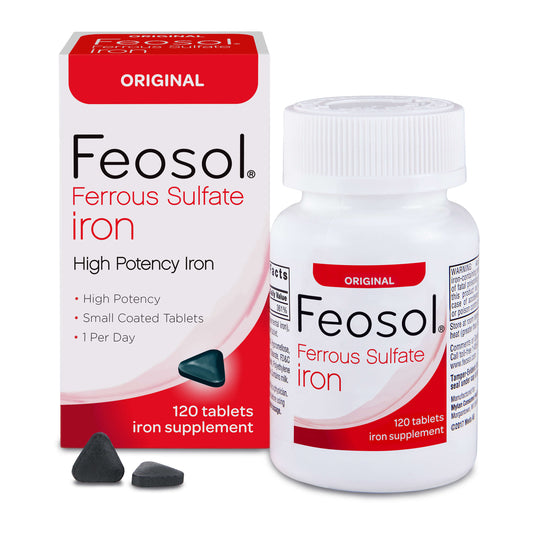Iron deficiency is the most common nutritional deficiency in the United States. So what causes iron deficiency and what contributes to iron deficiency anemia? While iron deficiency may be a sign of a more serious condition, here are some of the most common causes:
1) Increased Iron Needs
An iron deficiency can be caused by your own body’s increased iron needs. For example, adolescent girls and women of child-bearing age often have higher iron needs due to blood lost during monthly menstruation. Women who are pregnant also have much higher iron needs than when they are not pregnant.
2) Poor Absorption of Dietary Iron
Vegetarians are especially vulnerable to iron deficiency because they must rely on non-heme (plant-based) sources of iron, which are less easily absorbed by the body than animal-based iron sources. Because of the body’s inability to absorb plant-based iron effectively, vegetarians have a higher incidence of iron deficiency and iron deficiency anemia than meat-eaters.
Other factors, including other foods and nutrients consumed with iron, can contribute to poor absorption. These are called iron inhibitors. Some common iron inhibiters include: grains, legumes, fiber, egg protein, minerals (like calcium, zinc, copper and magnesium), coffee, tea, some herbs (including peppermint and chamomile) and cocoa.
3) Iron Loss Due to Blood Loss
Finally, blood loss from menstruation, frequent blood donation or other bleeding can cause iron deficiency.
Endurance athletes may also experience minor blood loss due to “foot strike.” Foot strike, a condition that occurs due to running on hard surfaces with poor quality shoes, can cause damage to the red blood cells in the feet. For these reasons, the need for iron may be 30% greater in those who engage in regular intense exercise.
If you find that any of the above reasons for iron deficiency may apply to you, consult with doctor about getting your iron levels tested. If you are iron deficient, consider iron supplements to help get your iron levels back on track.
-
Centers for Disease Control and Prevention. Nutrition for Everyone: Iron and Iron Deficiency. Retrieved from: http://www.cdc.gov/nutrition/everyone/basics/vitamins/iron.html. March 7, 2012.







